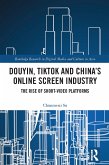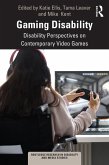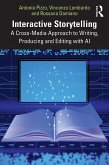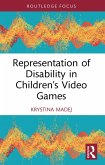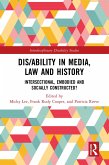Disability and New Media examines how digital design is triggering disability when it could be a solution. Video and animation now play a prominent role in the World Wide Web and new types of protocols have been developed to accommodate this increasing complexity. However, as this has happened, the potential for individual users to control how the content is displayed has been diminished. Accessibility choices are often portrayed as merely technical decisions but they are highly political and betray a disturbing trend of ableist assumption that serve to exclude people with disability. It has been argued that the Internet will not be fully accessible until disability is considered a cultural identity in the same way that class, gender and sexuality are. Kent and Ellis build on this notion using more recent Web 2.0 phenomena, social networking sites, virtual worlds and file sharing.
Many of the studies on disability and the web have focused on the early web, prior to the development of social networking applications such as Facebook, YouTube and Second Life. This book discusses an array of such applications that have grown within and alongside Web 2.0, and analyzes how they both prevent and embrace the inclusion of people with disability.
Dieser Download kann aus rechtlichen Gründen nur mit Rechnungsadresse in A, B, BG, CY, CZ, D, DK, EW, E, FIN, F, GR, HR, H, IRL, I, LT, L, LR, M, NL, PL, P, R, S, SLO, SK ausgeliefert werden.




